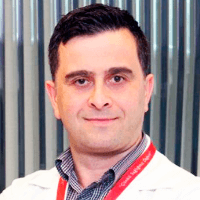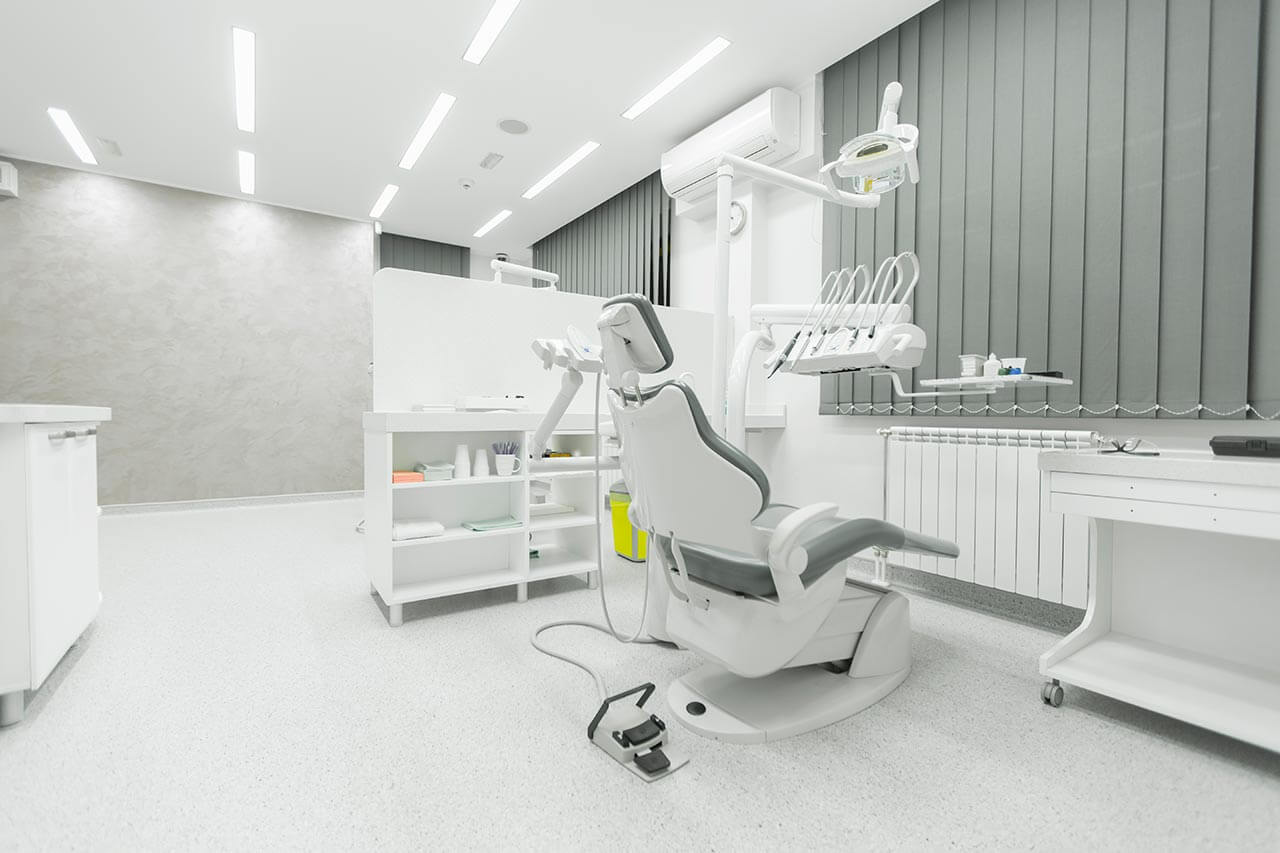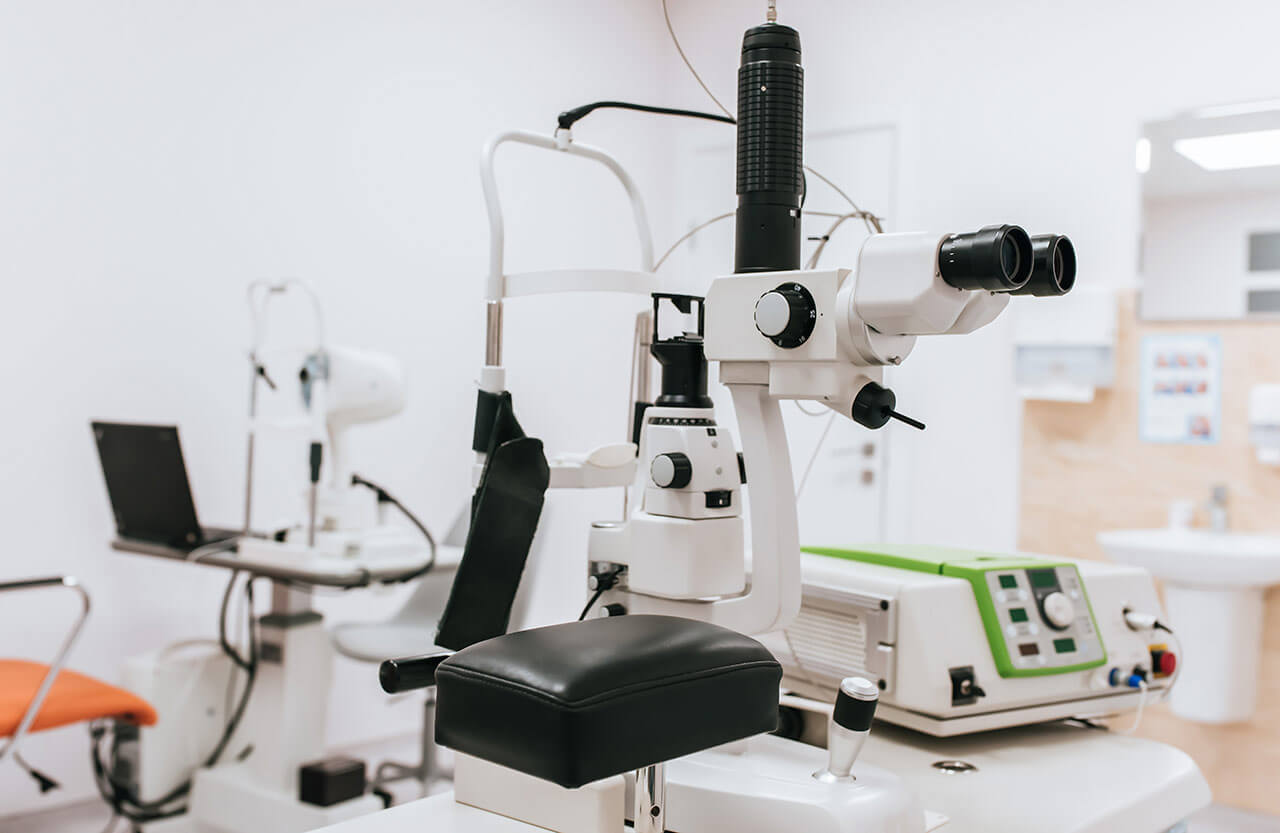
About the Department of Nephrology at Memorial Atasehir Hospital Istanbul
The Department of Nephrology at the Memorial Atasehir Hospital Istanbul offers the full range of diagnostic and therapeutic services for patients with kidney disease. The treatment of kidney failure using various types of dialysis is of particular interest to the department's specialists. The advanced diagnostic equipment of the department allows nephrologists to detect the slightest pathological changes in the functioning of the kidneys, including before the onset of symptoms. The department's specialists provide only conservative treatment, including drug therapy, laser procedures for kidney stone removal, radiofrequency ablation for the treatment of kidney cancer, dialysis for blood purification from toxins in case of kidney failure, etc. The surgical treatment of kidney pathologies is carried out in cooperation with specialists in the field of general surgery and transplant surgery. The Chief Physician of the department is Assoc. Prof. Dr. med. Gokhan Temiz.
The high-quality and accurate diagnostics is the key to successful therapy outcome, since it allows the attending physician to select the most effective treatment regimen. As a rule, the diagnostics of the patient begins with a clinical examination, a study of his anamnesis, as well as laboratory blood and urine testing. Depending on the particular clinical case, it may also be necessary to perform ultrasound scanning of the kidneys, CT and MRI scans of the kidneys, renal scintigraphy, kidney X-ray, uroflowmetry, biopsy and other examinations. After comprehensive diagnostics, the doctor individually appoints the optimal treatment plan, which most often consists of several therapeutic techniques.
The key focus of the department's clinical activities is on the treatment of kidney failure. Kidney failure is a gradual or sudden impairment of kidney function, which can occur in both acute and chronic forms. The pathology can be treated only on an inpatient basis, under the strict monitoring of the specialists. The treatment of acute kidney failure begins with determination of the causes of the development of the pathological condition – the disease never develops by itself, but is a complication of existing diseases. In order to eliminate the factors provoking an attack of acute kidney failure, the department's doctors carry out various therapeutic procedures, including the elimination of haemorrhage, normalization of the heart function, intravenous infusion of blood substitutes, etc. In addition, the primary task of the department's specialists is to restore urine formation. For this purpose, the doctors use diuretics in combination with special solutions, which are infused in a strictly defined dosage. The treatment of kidney failure in the acute period also involves the use of drugs for the improvement of microcirculation in the kidneys, activation of metabolism and restoration of kidney function. Chronic kidney failure is the outcome of almost all kidney diseases. This is a particularly complex pathological condition, which poses a danger to human life. The main therapeutic measures to normalize the patient's condition include the treatment of the main pathologies, which provoked chronic kidney failure, correction of impaired electrolyte and water metabolism, treatment of arterial hypertension, treatment of infectious complications and other measures. However, the treatment regimen depends on the particular clinical case and individual indications.
An important focus of the department's medical team is also on the treatment of inflammatory kidney diseases – nephritides. The most common of these are glomerulonephritis, pyelonephritis, and tubulointerstitial nephritis. In most cases, nephritis develops due to medications. Nephritis can be treated only on an inpatient basis, under the strict monitoring of the attending physician. The treatment regimen depends on the particular type of nephritis, concomitant diseases of the patient, his age and other factors. For example, in the case of acute glomerulonephritis at the initial stages of the pathology, the patient is indicated bed rest, restriction of fluid intake, while post-infectious glomerulonephritis requires etiotropic antibiotic therapy.
Kidney stone disease is also a fairly common diagnosis in the department's clinical practice. The pathology is characterized by the formation of stones in the kidneys, as well as ureter and bladder. When conducting diagnostics, the doctor needs to accurately determine the size of the stones, their chemical composition, location and the symptoms, which they cause, as these are the factors that determine the further treatment tactics. If the stones are small, then the patient needs medication and plenty of water for the stone to come out on its own, without surgery. In the case of large stones, more radical measures are required. The department successfully uses such conservative techniques as extracorporeal shock wave lithotripsy, percutaneous nephrolithotomy and laser therapy.
The department's range of medical services includes:
- Diagnostics and treatment of acute kidney failure
- Diagnostics and treatment of chronic kidney failure
- Diagnostics and treatment of inflammatory kidney disease (nephritis)
- Glomerulonephritis
- Pyelonephritis
- Tubulointerstitial nephritis
- Diagnostics and treatment of kidney stone disease
- Diagnostics and treatment of kidney infections
- Diagnostics and treatment of arterial hypertension caused by kidney disease
- Diagnostics and treatment of uremia
- Diagnostics and treatment of kidney cancer
- Diagnostics and treatment of glomerulopathies
- Diagnostics and treatment of renal vascular disease
- Diagnostics and treatment of polycystic kidney disease
- Diagnostics and treatment of hydronephrosis
- Diagnostics and treatment of other kidney diseases
Curriculum vitae
Professional Career
- Since 2018 Head of the Department of Nephrology at the Memorial Atasehir Hospital Istanbul, Istanbul, Turkey.
- 2017 - 2018 Nephrologist, Department of Nephrology at the University Hospital Rechts der Isar Munich, Munich, Germany.
- 2016 - 2017 Invited Lecturer, Middle East University, Cyprus.
- 2013 - 2016 Assistant Professor and Lecturer at the Faculty of Medicine of the Eskisehir Osmangazi University, Eskisehir, Turkey.
- 2013 - 2018 Nephrologist, Department of Nephrology, Eskisehir Osmangazi University Hospital, Eskisehir, Turkey.
- 2011 - 2013 Nephrologist, Batman State Hospital, Turkey.
- 2001 - 2002 Obligatory work at the Municipal Hospital in Arhavi, Turkey.
Higher Education and Postgraduate Training
- 2008 - 2011 Highly specialized training in Nephrology, Faculty of Medicine, Eskisehir Osmangazi University, Eskisehir, Turkey.
- 2002 - 2007 Specialized training in Internal Medicine, Faculty of Medicine, Eskisehir Osmangazi University, Eskisehir, Turkey.
- 1995 - 2001 Study of Human Medicine, Ondokuz Mayıs University, Samsun, Turkey.
Memberships in Professional Societies
- European Renal Association-European Dialysis and Transplant Association (ERA-EDTA).
- Turkish Society of Nephrology.
Photo of the doctor: (c) Memorial Ataşehir Hospital




